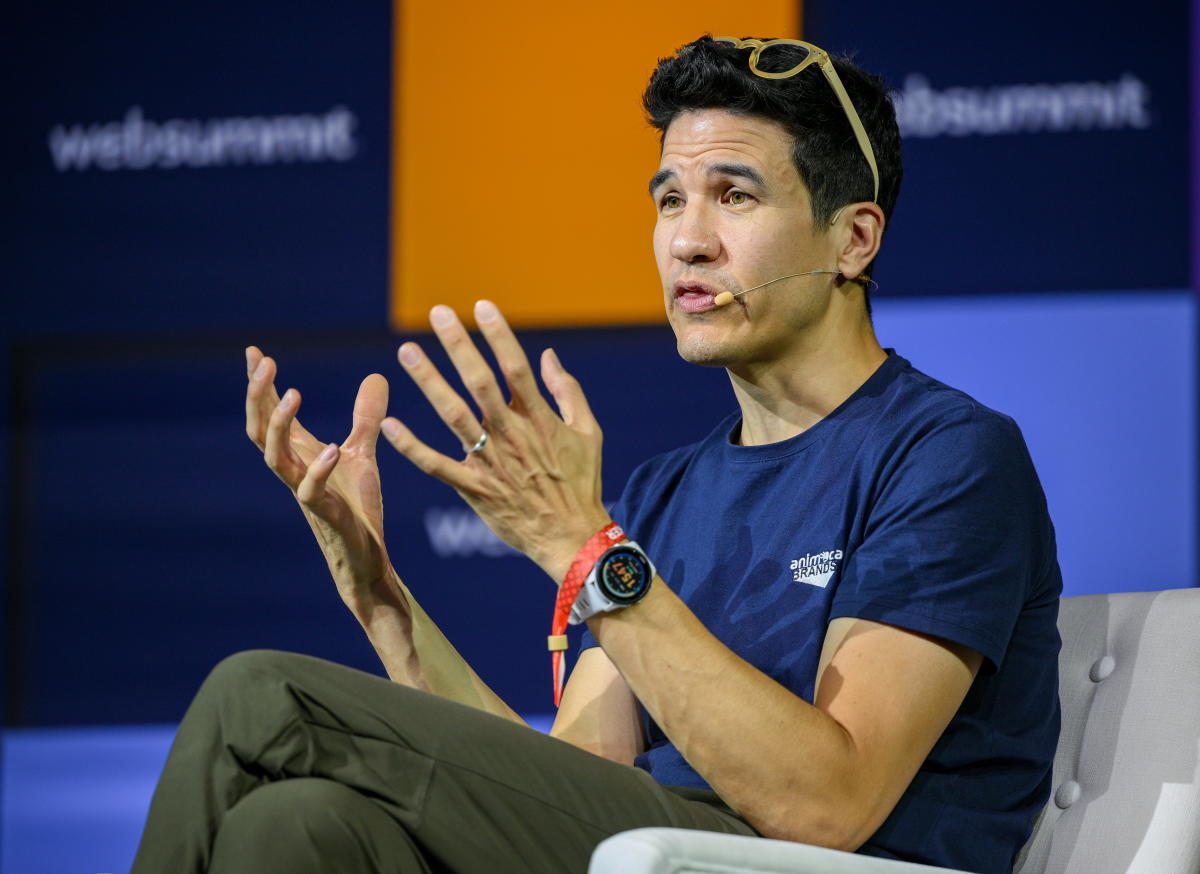
Web3 gaming, a concept where players can earn cryptocurrency and accumulate digital property, has the potential to revolutionize the traditional gaming industry, according to CEO of Animoca Brands, Robby Yung. Yung believes that web3 gaming has the ability to propel digital ownership into the mainstream, similar to the success of the mainstream gaming industry. Animoca Brands is known for its web3 investment portfolio, which includes popular platforms such as The Sandbox metaverse, NFT marketplace Opensea, NFT-based online video game Axie Infinity, and 3D virtual world platform Decentraland.
The web3 sector is shaping a creator economy centered on virtual property rights, Yung explained. In traditional gaming, players have the option to enhance their gaming experience through in-game purchases. However, Yung pointed out that these purchases do not grant true ownership to the players. This lack of ownership is not only true for gaming but also for other types of digital content purchased through web2 platforms.
Web3 aims to revolutionize digital property rights by utilizing blockchain technology. Yung emphasized the importance of open-source movement in web3, enabling the industry to progress faster through sharing and taking advantage of shared network effects. Web3 gaming allows users to track royalties on digital item trades, not just on the primary sale but also on secondary and tertiary sales.
The web3 gaming sector also includes sub-sectors emerging from the memecoin ecosystem. Memecoins such as dogebonk and Tamadoge have introduced games that cater to memecoin enthusiasts, expanding upon the lore that has developed around these memecoins. These games incentivize players through ownership of the projects’ native tokens, allowing them to make purchases within in-game marketplaces.
Overall, web3 gaming has the potential to transform the traditional gaming industry by offering players true ownership of digital assets and the ability to earn cryptocurrency as they play. With the projected growth of the web3 gaming market to $3 billion by 2023, it is clear that the concept has gained significant traction and could revolutionize the way we think about gaming and digital ownership.






